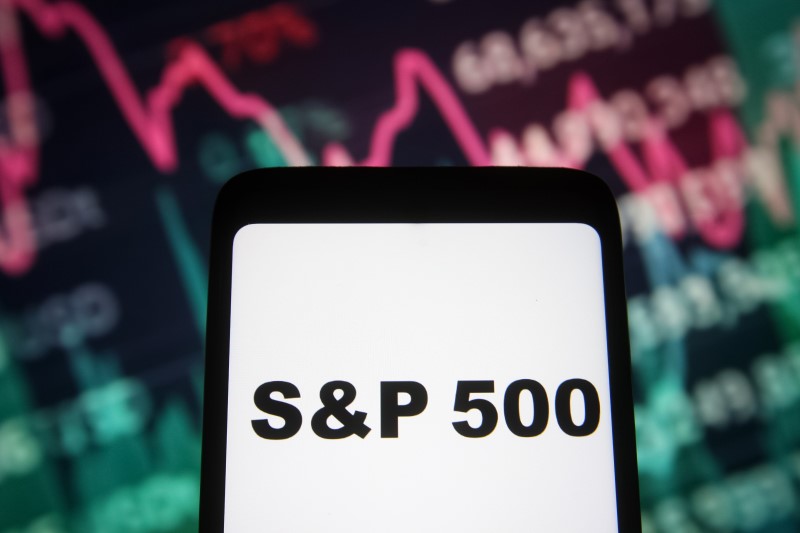
Both headline and core U.S. consumer prices (excluding food and energy) rose slightly less than expected, up 0.3% month-over-month. Retail sales were weaker than anticipated, remaining flat compared to the expected 0.4% increase.
The reports added to investor optimism, lifting the S&P 500 to an all-time closing high of 5,308, gaining 1.2%. Indexes more vulnerable to interest rates saw even larger increases.
In fixed-income markets, yields fell across the curve, with the 10-year U.S. Treasury yield falling 11 basis points to 4.34%.
As a result, markets have now re-priced rate cuts to occur in the second half of 2024.
“Fed funds futures markets are now pricing in around 51 basis points of cuts in 2024, in line with our own base case for two 25-basis point Fed rate cuts this year, starting in September,” UBS strategists commented.
“April US retail sales were weaker than expected (flat compared to expectations for 0.4% growth) on top of downward revisions to prior months, supporting our view for a soft landing,” they added.
The control group, which excludes autos, gas, and other specific categories, also fell short of estimates, leading to a downward revision in the Atlanta Fed’s GDPNow estimate from 4.2% to 3.8% for Q2.
UBS expects to see further downgrades as more data becomes available. Moreover, consumer confidence has declined, with the University of Michigan survey showing the lowest level since November and the NFIB survey indicating persistent pessimism among small business owners.
The ISM services PMI for April also entered contraction territory.
Thus, UBS sees Fed Chair Powell’s Tuesday remarks as a reiteration of the Fed’s data-dependent approach and expects the central bank to cut rates by 50 basis points this year if favorable data continues.
“We expect 10-year US Treasury yields to decline to 3.85% by year-end, and maintain our positive outlook on both quality bonds and quality stocks,” they added.
To read the full article, Click Here
